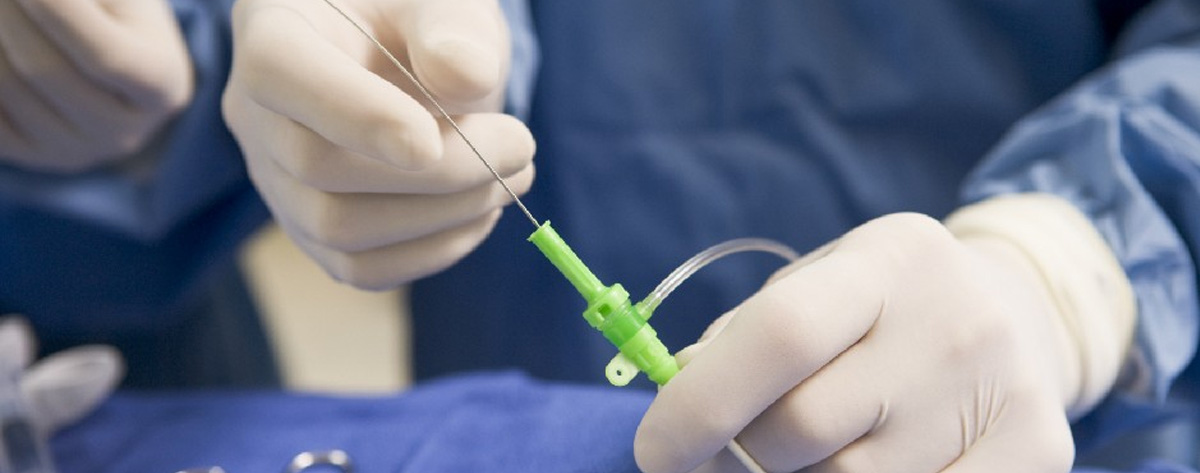Interventional Radiology is a medical department that is not yet known by many people. When we think of radiology, we think of technological imaging methods such as Ultrasound, Computed Tomography and Magnetic Resonance, but what does interventional radiology mean? Not much is known yet. We can summarize as follows; The subject of Interventional Radiology is the non-surgical treatment interventions with the technological imaging methods and angiography we mentioned above.
The rapid progress of technology brings innovations in every field of medicine. For example, many diseases that used to require surgery under anesthesia can now be easily treated by Interventional Radiologists without surgery. In the past, it was necessary to stay in the hospital and stay at home for a long time after varicose operations, but today, thanks to the developing technology and knowledge, non-surgical varicose treatment can be performed in a very short time by entering the diseased vein that causes the varicose vein with ultrasound guidance. Another example is cancer treatments that can be performed without surgery, which we call chemoembolization.
For the treatment of a mass located in the liver, we can enter a large amount of chemotherapy drugs directly to the mass, without affecting other areas of the body, by entering from the groin as if doing normal angiography, reaching the liver vein through the artery and then the vein that feeds the mass, with the help of a small catheter. Afterwards, we can occlude that vessel and leave the cancer mass in a completely deprived state. Our patient spends that day under surveillance at the hospital and continues his normal life the next day.
One of the newest techniques in cancer treatments is Radiofrequency Ablation. In this modern treatment method, accompanied by imaging with the help of a needle the cancer mass is ablated by the effect of heat. After the procedure, our patient stays under observation for one night and can continue his normal life the next day.
In addition, thanks to interventional radiology, benign tumors can be treated without surgery. The main ones are non-surgical fibroadenoma treatment, non-surgical myoma treatment and non-surgical thyroid nodule treatment.
Prof. Dr. Mehmet Mahir Atasoy
Interventional Radiology



